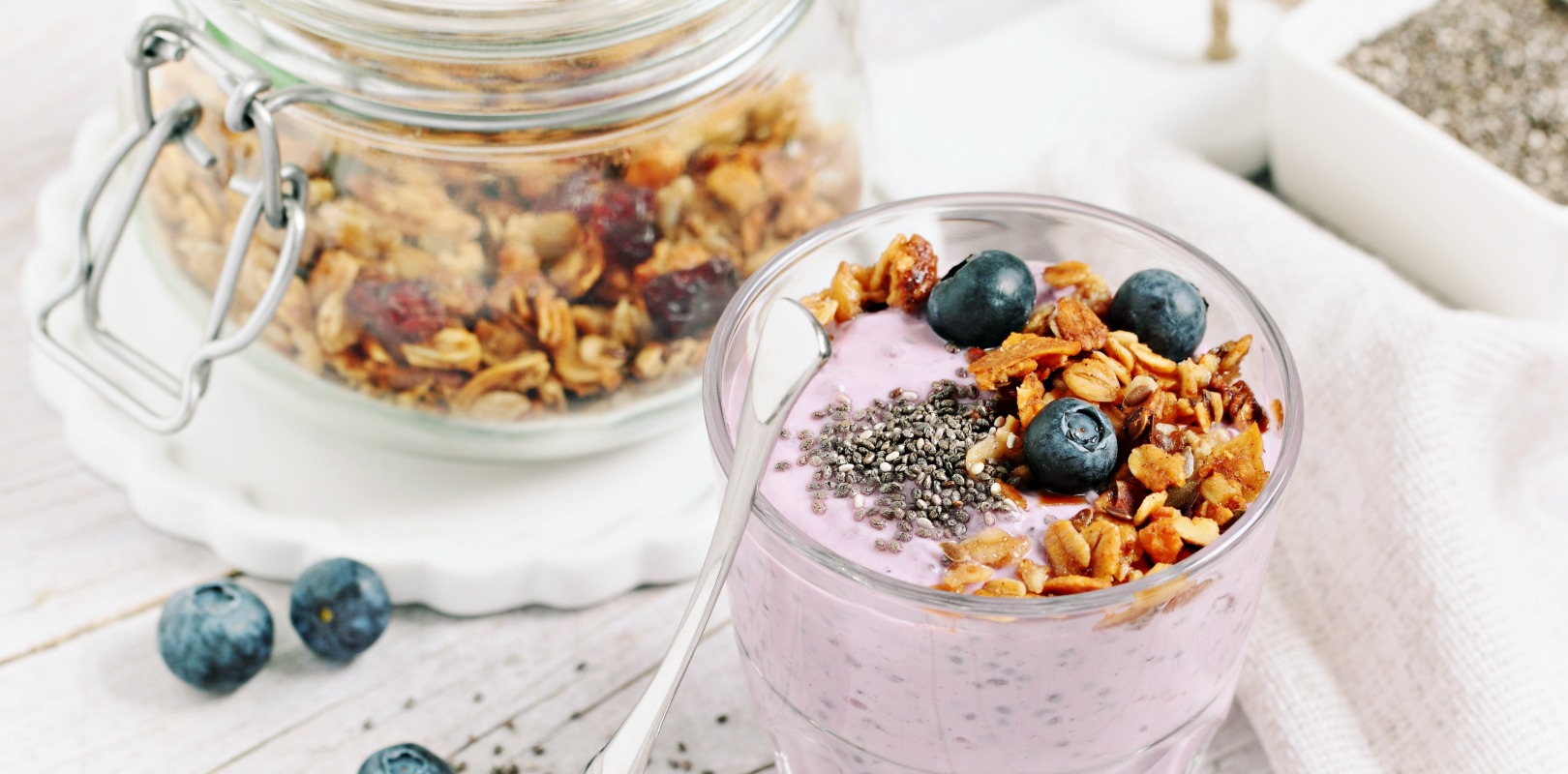Deciding on your own to avoid foods to alleviate adverse symptoms should be weighed against the consequences of eliminating dietary factors and their related nutrient profiles. In the case of dairy foods, those consequences could be significant for your health and, given the apparent scale of the avoidance behaviour, for society in the long term.
Improper and self-diagnosis have bad consequences
The symptoms of Lactose Intolerance are straightforward and quite noticeable: gas, diarrhea, cramps, flatulence, and the rumbling of gas through the intestines that’s called borborygmi. Problem is, these are also the symptoms from dozens of problems, ranging from reactions to other foods to some truly serious diseases! The aim of this Italian study was to investigate if self-diagnosis may influence dairy consumption. Results showed that 22.2% of the responders based in Campania (a region in Southern Italy) do not drink fluid milk on a regular basis, and 18.1% drink lactose-free milk mainly to avoid gastrointestinal symptoms. The vast majority of the population chose to avoid milk consumption without undergoing a breath test for lactose intolerance or ask a doctor.
You can still eat dairy, like yogurt!
Talk to your doctor! He can give you an objective and definitive diagnosis. If you have felt digestive problems after consuming milk or another dairy product, it is not necessarily due to the lactose. Furthermore, not all dairy products are the same when it comes to lactose. Yogurt and low lactose options had the particular characteristic of being well tolerated by people who find lactose difficult to digest. Eating at least one yogurt a day gives you part of the calcium (15% to 20%) that your bones need each day throughout your life. So, check with your doctor first!
Source: Zingone et al., Nutrition journal 2017 ; 33 : 322-325.













